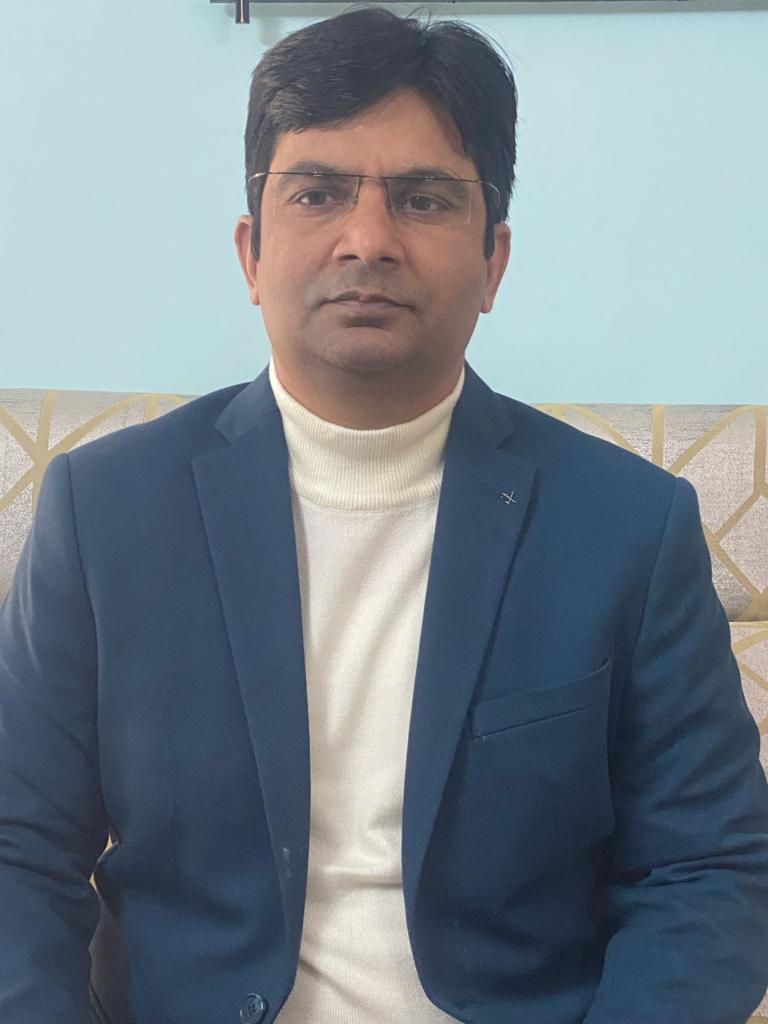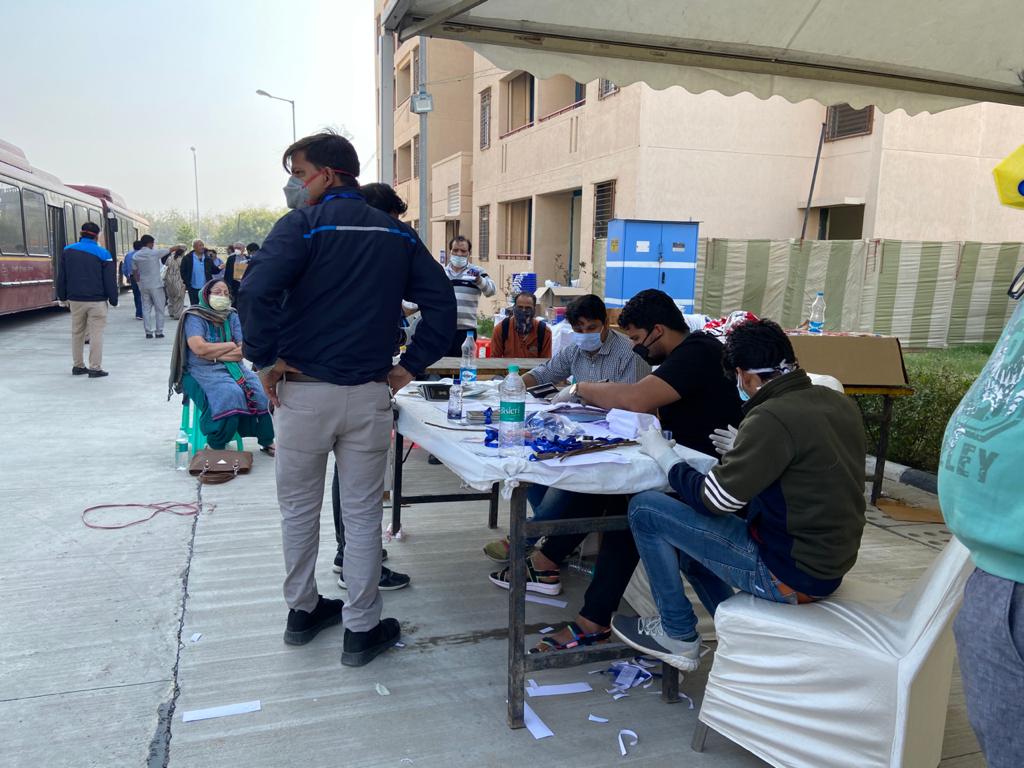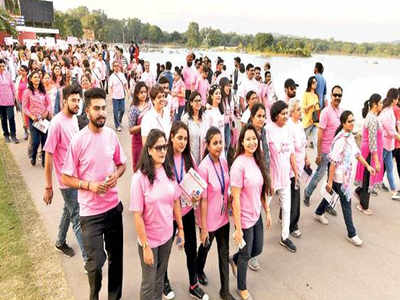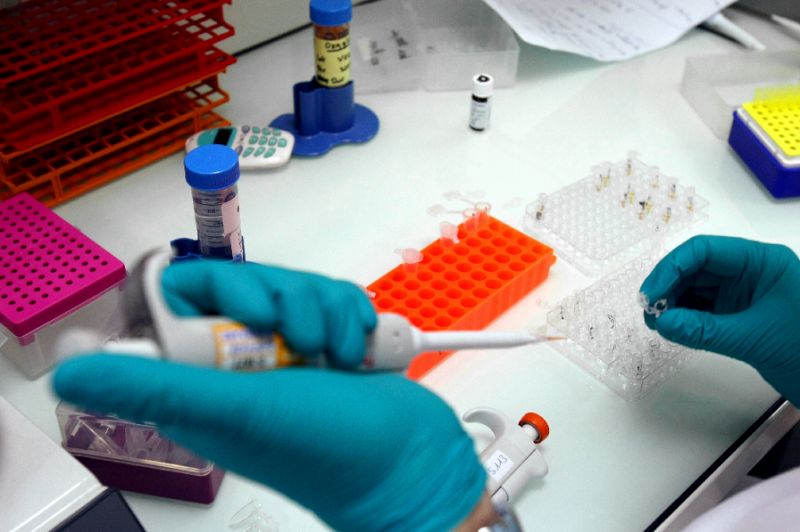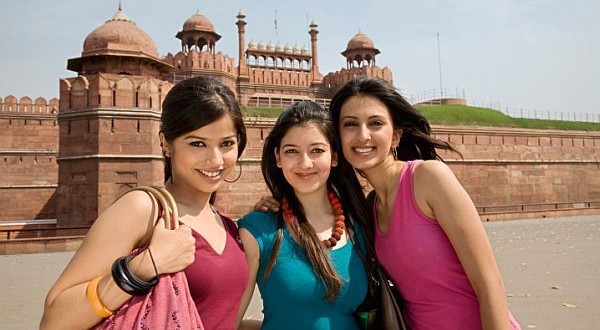Health is a state of complete physical ,mental and social well-being and not merely the absence of disease or infirmity. The enjoyment of the highest attainable standard of health is one of the fundamental rights of every human being without distinction of race, religion, political belief, economic or social condition.
The right to health was first articulated in the WHO Constitution (1946) which states that : the enjoyment of the highest attainable standard of health is one of the fundamental rights of every human being. More than half of the world countries have some degree of a guaranteed, specific right to public health and healthcare of their citizens. With world still recovering from the long-term effect of Covid-19 pandemic, the right to health is under threat. Diseases, conflicts, and disasters loom as causes of death and disability.
Access to quality Healthcare – Access to healthcare means having “the timely use of personal health services to achieve the best health outcomes.” Access to comprehensive, quality healthcare services is important for promoting and maintaining health, preventing and managing disease, reducing unnecessary disability and premature death, and achieving health for all. Attaining good access to care means having:
- Health insurance that facilitates entry into the healthcare system.
- Timely access to needed care.
Despite being the world’s fifth-largest economy that has made significant progress over the past few decades, India still ranks 145th out of 195 countries in the healthcare access and quality index. With Ayushman Bharat strengthening comprehensive healthcare delivery, things are bound to improve. Health has indeed found a major focus in the budget document. The Indian government would spend on health ₹ 90,171 crore in 2024-25, up from Rs 79,000 crore in 2023-24. Showing an increase of 14 per cent. Allocation for Pradhan Mantri Ayushman Bharat Health Infrastructure Mission increased from Rs-2100 crore in 2023-24 to Rs-4108 Crore in 2024-25. Ideal government spending of 2.5 percent of GDP on health is the target.
Individual Responsibilities—With right comes the responsibilities. With rise in lifestyle diseases (e.g. Heart diseases, stroke, respiratory ailments, alcoholic liver disease, obesity, type-2 diabetes etc), its primarily individual responsibility to maintain health by adopting healthy lifestyle choices (e.g Limit unhealthy food and eat healthy balanced diet, Exercise regularly and be physically active, Go easy on alcohol and smoking and stay sober and non smoker, Limit salt intake and excess calorie intake ,Do yoga and meditation and be stress free, Sound sleep etc).
Know these numbers like mobile numbers and keep them in check ( Body weight and Body Mass Index, Blood pressure, Blood sugar, Cholesterol level). Good Lifestyle habits should be inculcated in schools only to have a healthy and productive middle age and sound old age.
DR. (PROF) TARUN KUMAR
Interventional Cardiologist
ABVIMS & Ram Manohar Lohia Hospital, New Delhi
